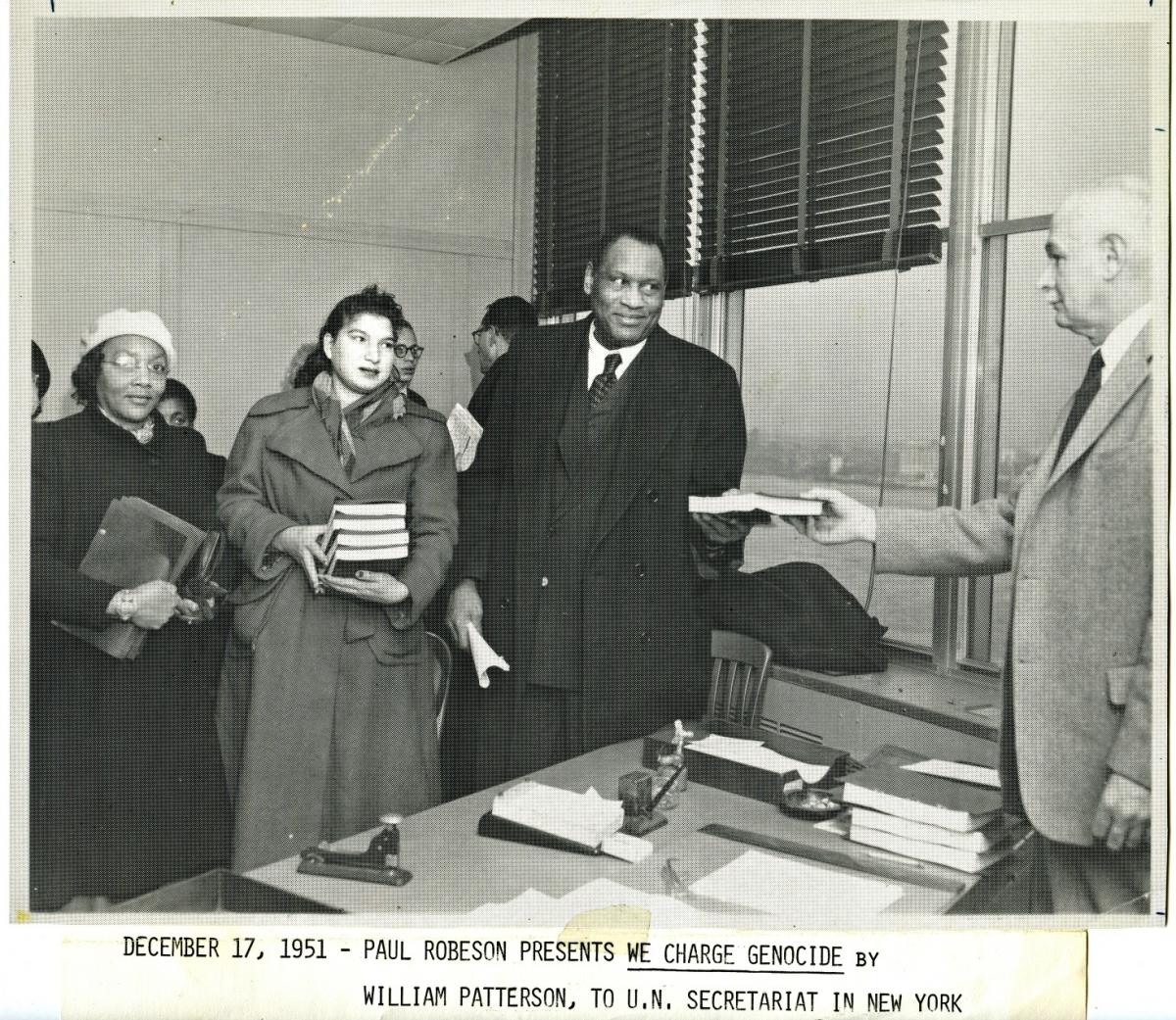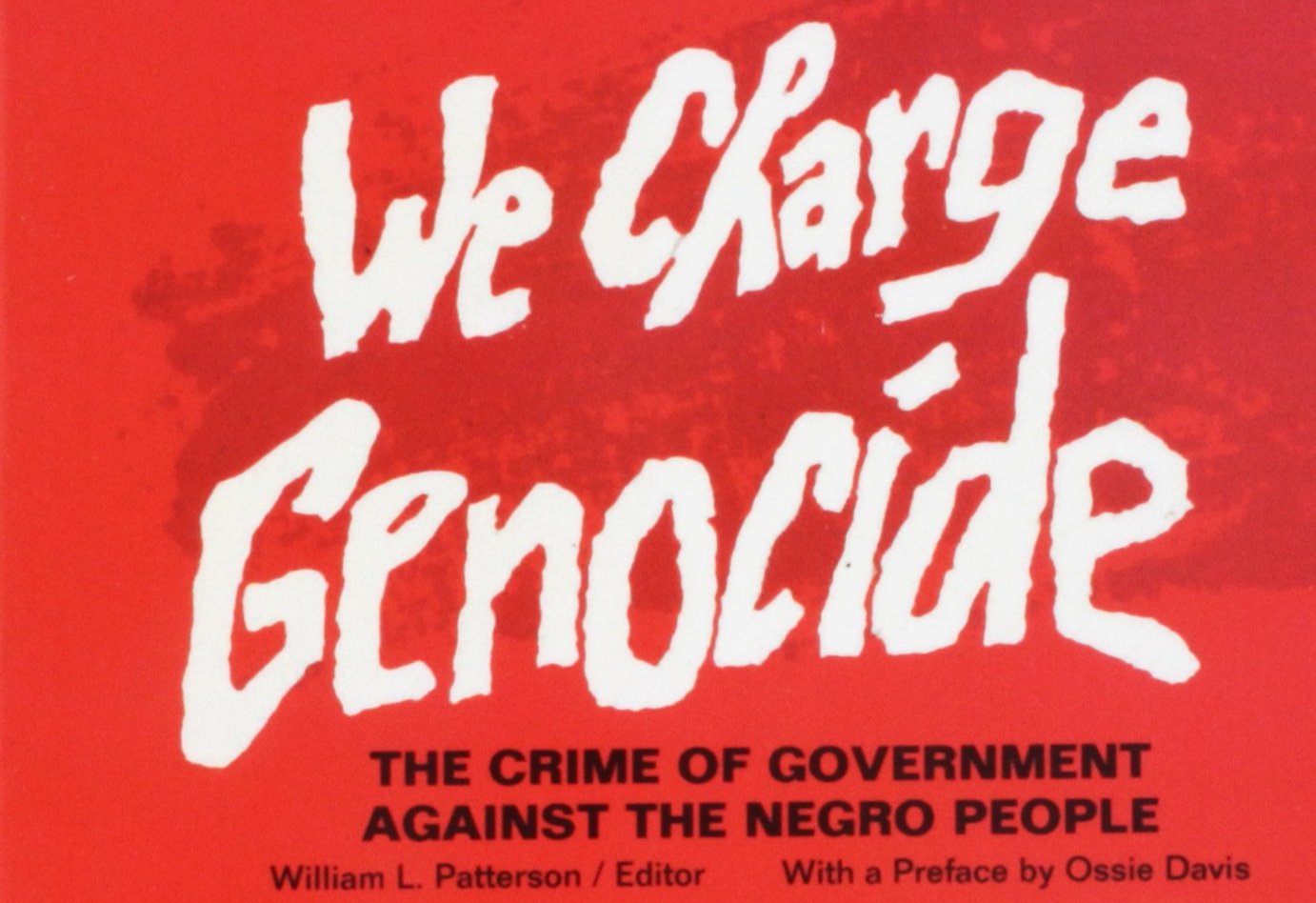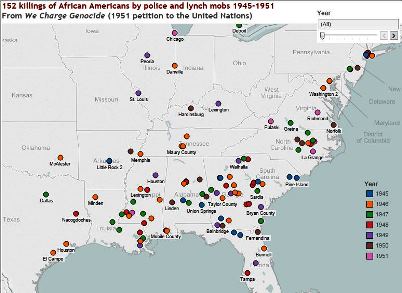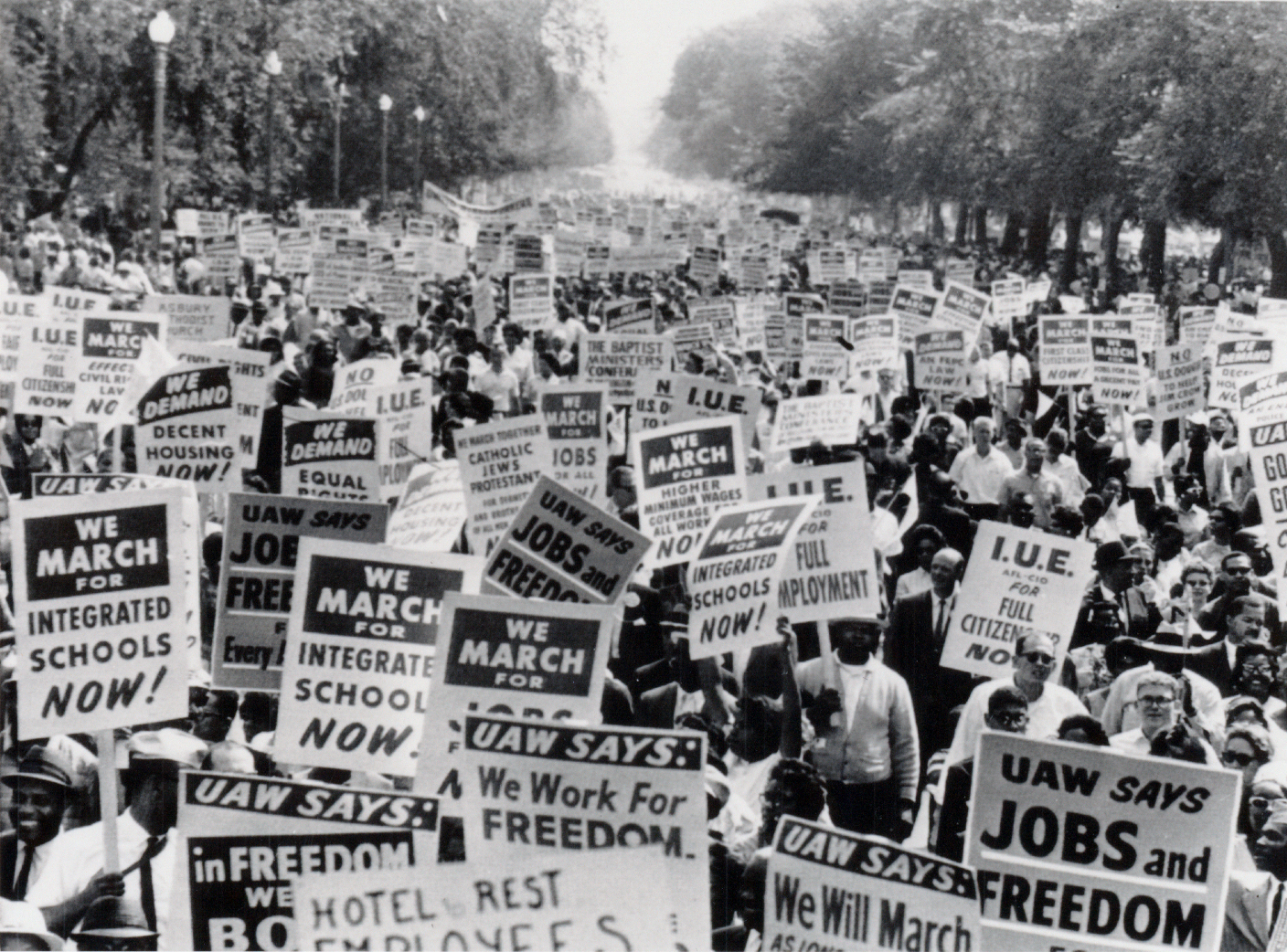By Maria Koulourioti,
70 years or more may have passed since when the Civil Rights Congress engaged in the historic campaign that held the US accountable for segregation laws against African American citizens. At the end of the most ruinous war of a century written in blood, changes had to be made, primordially in the country that played a crucial part in defeating the fascist AXIS power. However, Jim Crow laws — state and local legislation that enforced racial segregation, particularly in the southern part of the US — were not utterly abolished until 1964, signed by President Lyndon B. Johnson. Nonetheless, the Civil Rights movement met the first glorious victories in the 50s, from the creation of the United Nations to the transformation of Martin Luther King Junior.

“We Charge Genocide: The Crime of Government against Negro people” was the name of the petition that started it all. Submitted to the United Nations by P. Roberson and W. Patterson, (who was affiliated with the communist party), from the Civil Rights Congress, signed by over 100 intellectuals and activists. More than 150 incidents were listed as evidence in support of the particular claim. In specific, from the inhuman conditions in the black ghettos, trying to find the light of life out of poverty, violence, and premature death, their average life expectancy was shortened by 8 years. Simultaneously, more than 10,000 unarmed black men and women have had their lives stolen since the abolition of slavery, in addition to the outrageous number of unreported murders, we will never be able to know how many people lost their lives with the criteria of their race. A game warden proudly announces that he shot a black man while hunting, and he is not even to be held accountable for his crime. As for the term, the General Assembly of the UN defines genocide as “killings based on race, killing members of a group”, (Dec 9, 1948). During the introduction, Patterson linked Hitler’s crimes against Jews to America’s crimes against African Americans.

The Civil Right Congress held a great responsibility, being the first institution in history to charge the government of the United States with the crime of genocide. Black people are openly treated as second-class citizens, determined to claim one iota of human dignity through the reassurance of their rights, social, political, and above all, human. The petition also aimed to prevent the outburst of a third world war, considering the recent aftermath of the cataclysmic world war and the excruciating racial crimes. Undeterred by the favorable response of countries in Europe, other civil rights groups and the American press in the US condemned the petition, as it was classified as a dangerous document during the cold war. The United Nations did not concede to receive the petition. Being under the influence of the American press and political figures, it was not anticipated to do so. Moreover, only after Malcolm X and the Black Panther Party renewed the petition it was republished in 1970 by International Publishers. The particular convention remained unpopular with the United States government and was not endorsed until 1986.

At this point, are we even to question whether history repeats itself? A reincarnation of the movement during the 50s is born again with yet another death, the one of George Floyd in 2020. The non-profit organization Black Lives Matter is active since 2013, despite having gained international attention only in the last few years. Since the act of 1964, title 42, Chapter 21 of the US Code prohibits discrimination against civilians based on race. Yet we still find ourselves in an endless cycle of discrimination and racially motivated crimes. What solution could we possibly find when the law itself cannot condemn these crucial human rights violations? In the end, perhaps society is not shaped entirely by its legislation, but by the ability of the communicants to implement it in their lives. It is not about mandatory compliance, but a deep understanding and voluntary support for equality and human rights. How could empathy be transmitted in a world filled with loathing and beliefs that reinforce discrimination and categorize humans by exterior aspects? Only humanitarian-centered education can reveal the path to the light in a world full of the obscurantism of racial prejudice.
References
- When Were Segregation Laws Abolished?, bartleylawoffice.com, Available here
- Race Discrimination: Applicable Laws, findlaw.com, Available here
- “We Charge Genocide” – The 1951 Black Lives Matter Campaign, depts.washington.edu, Avaiable here




